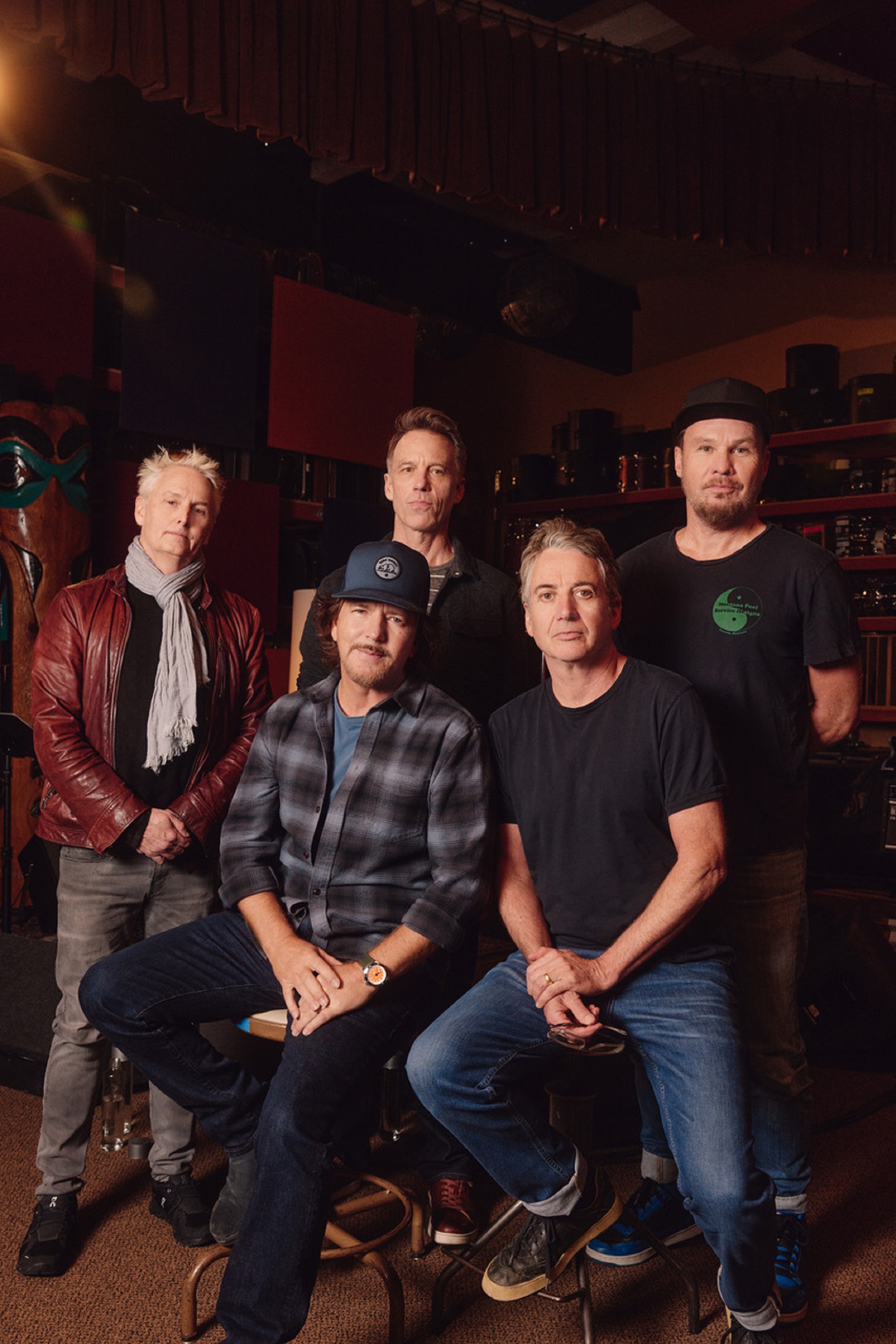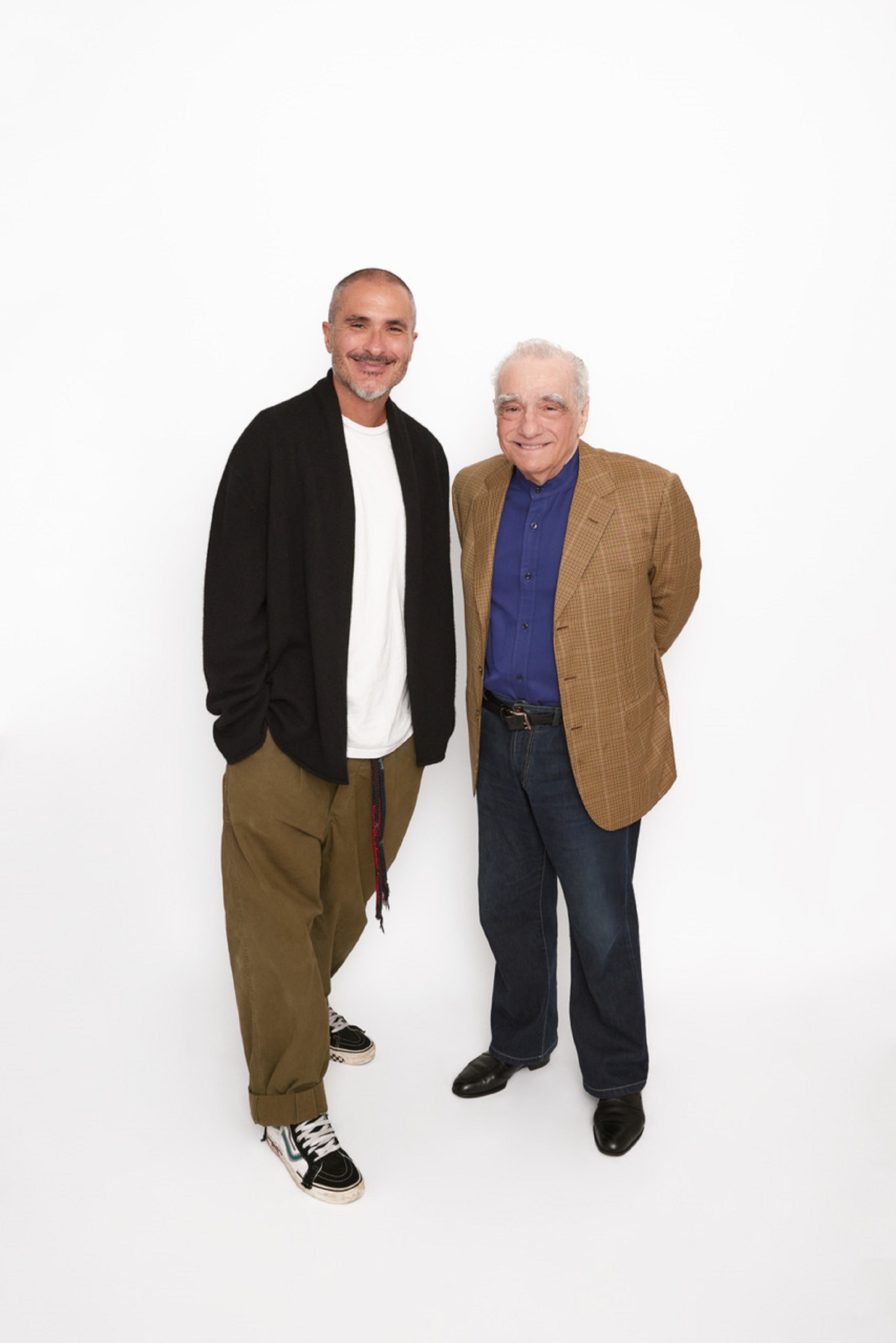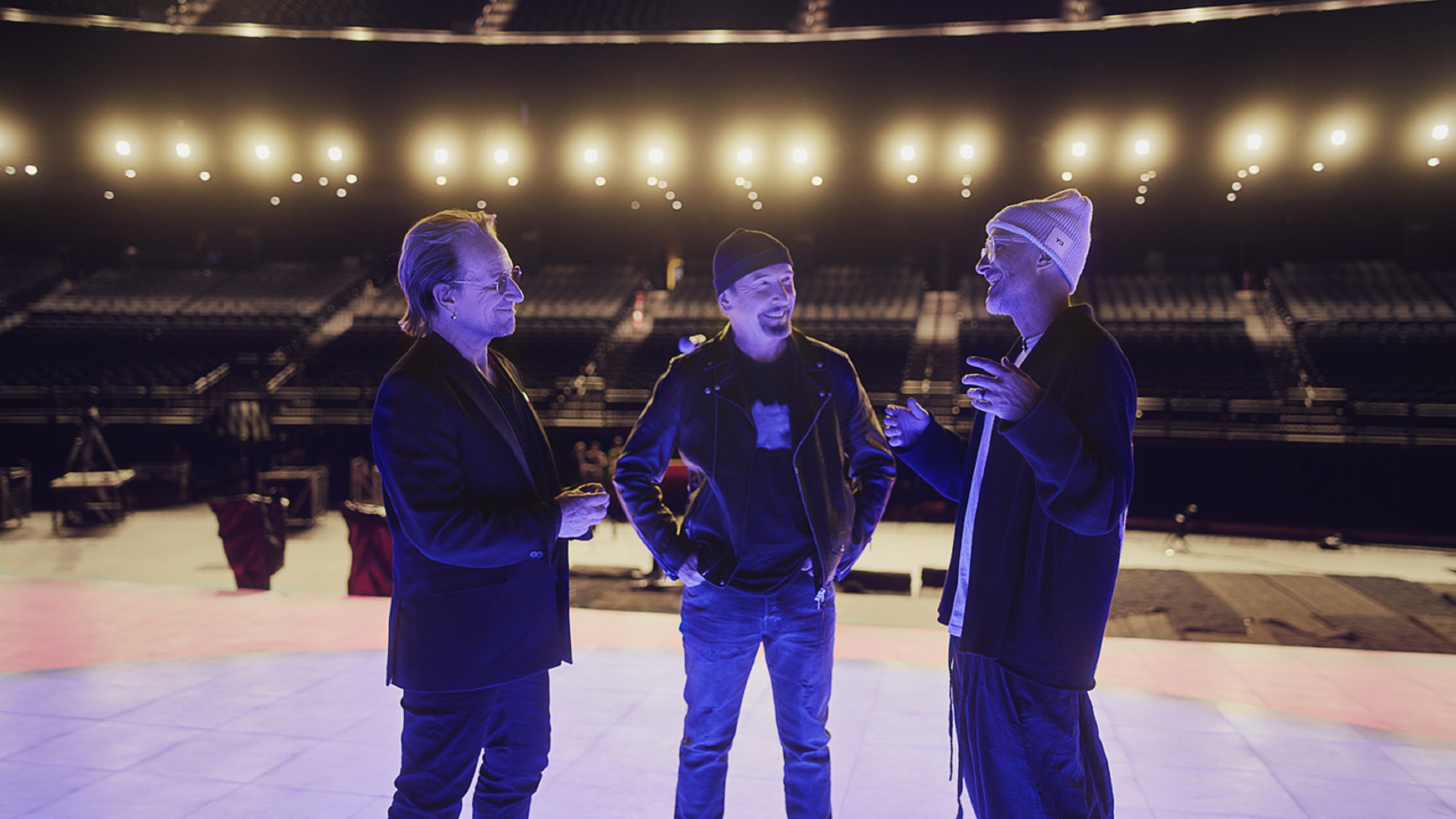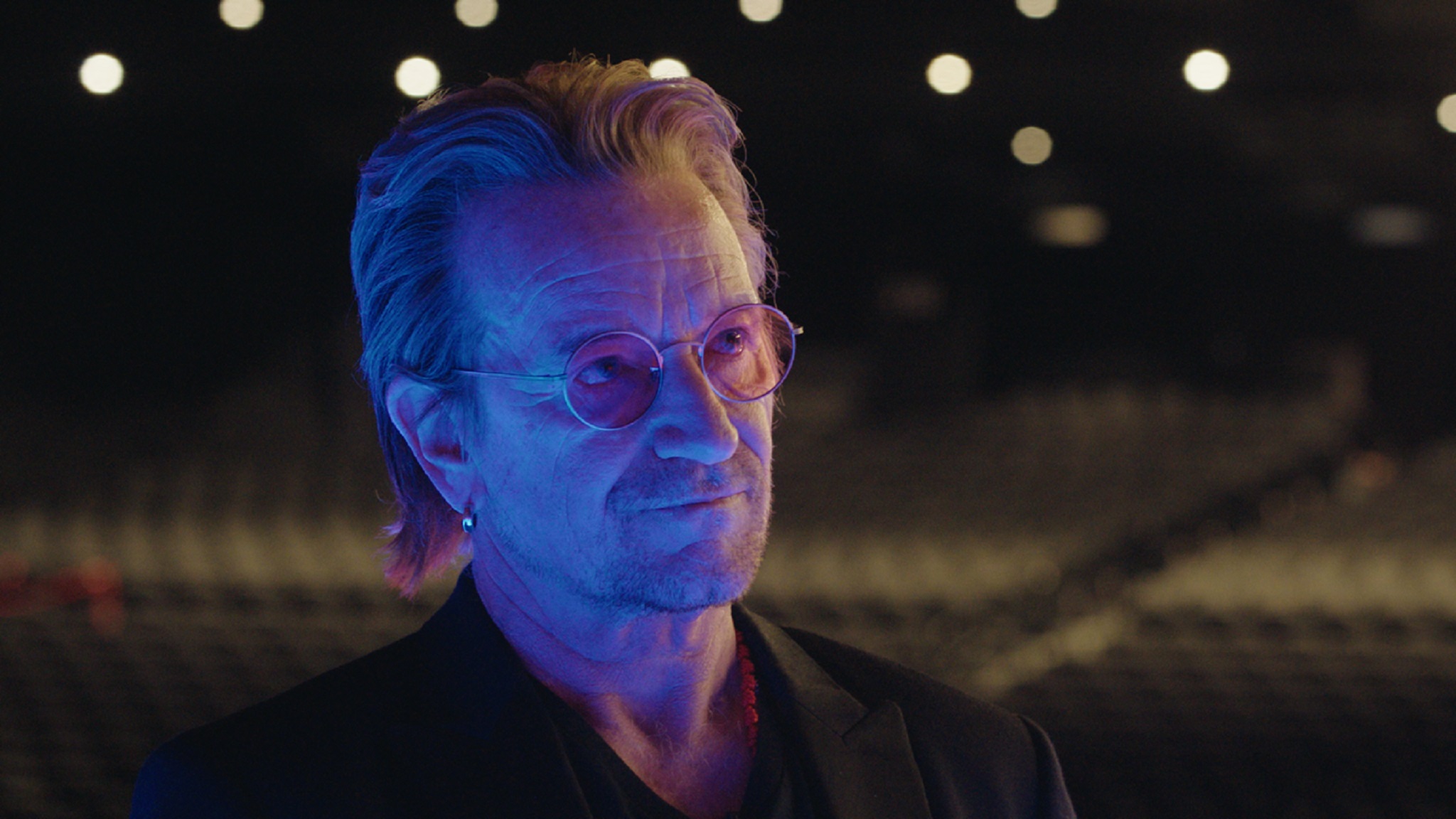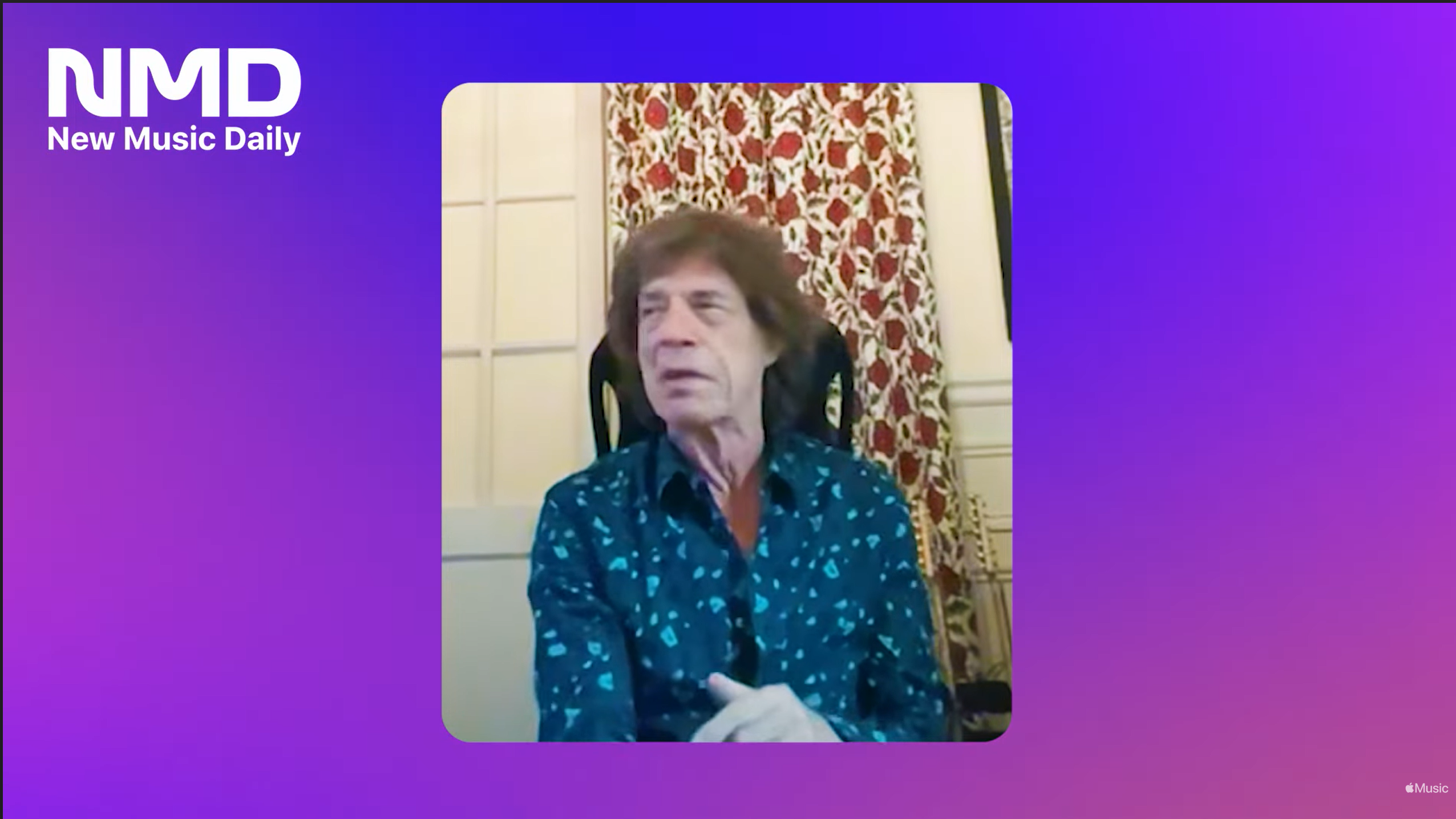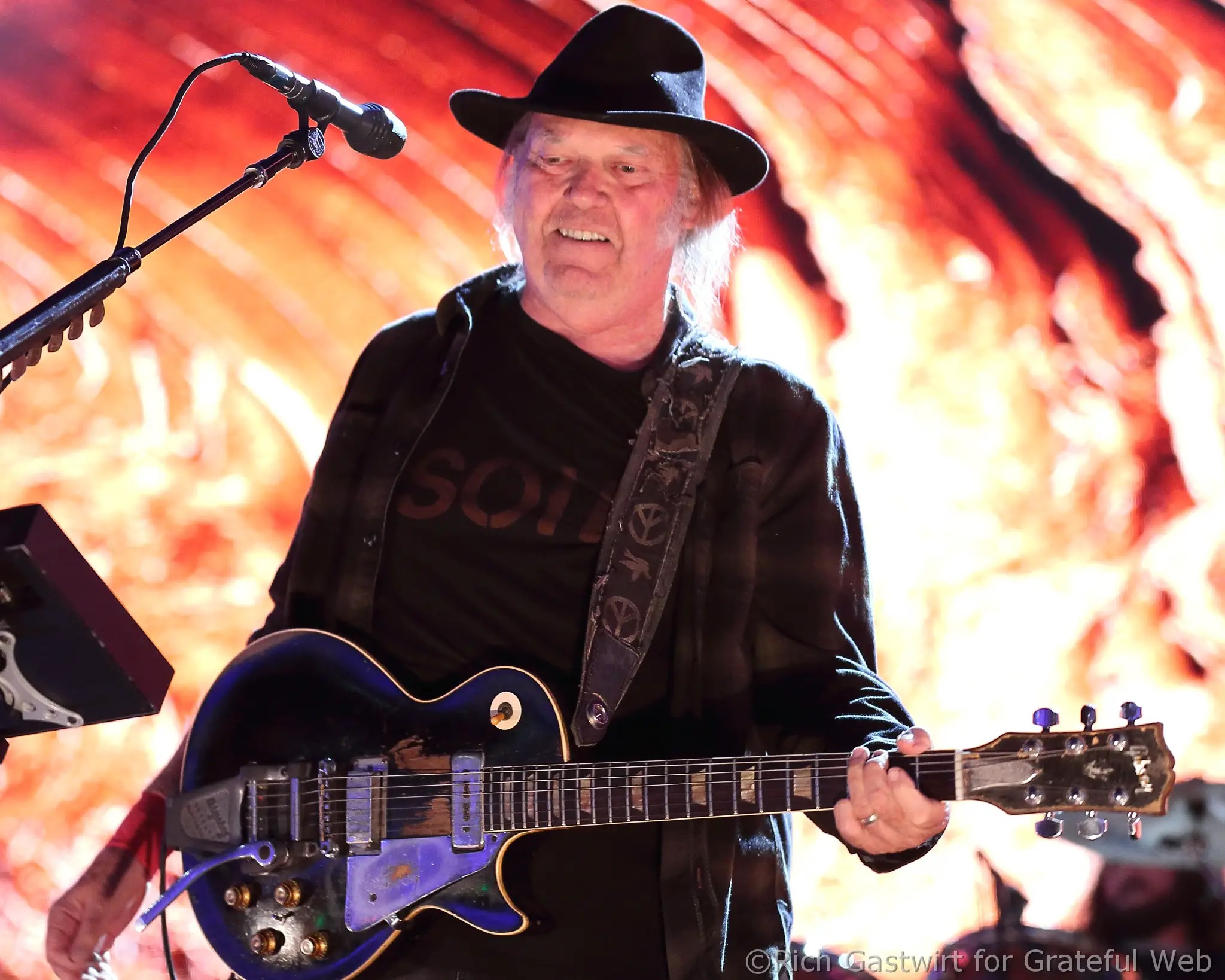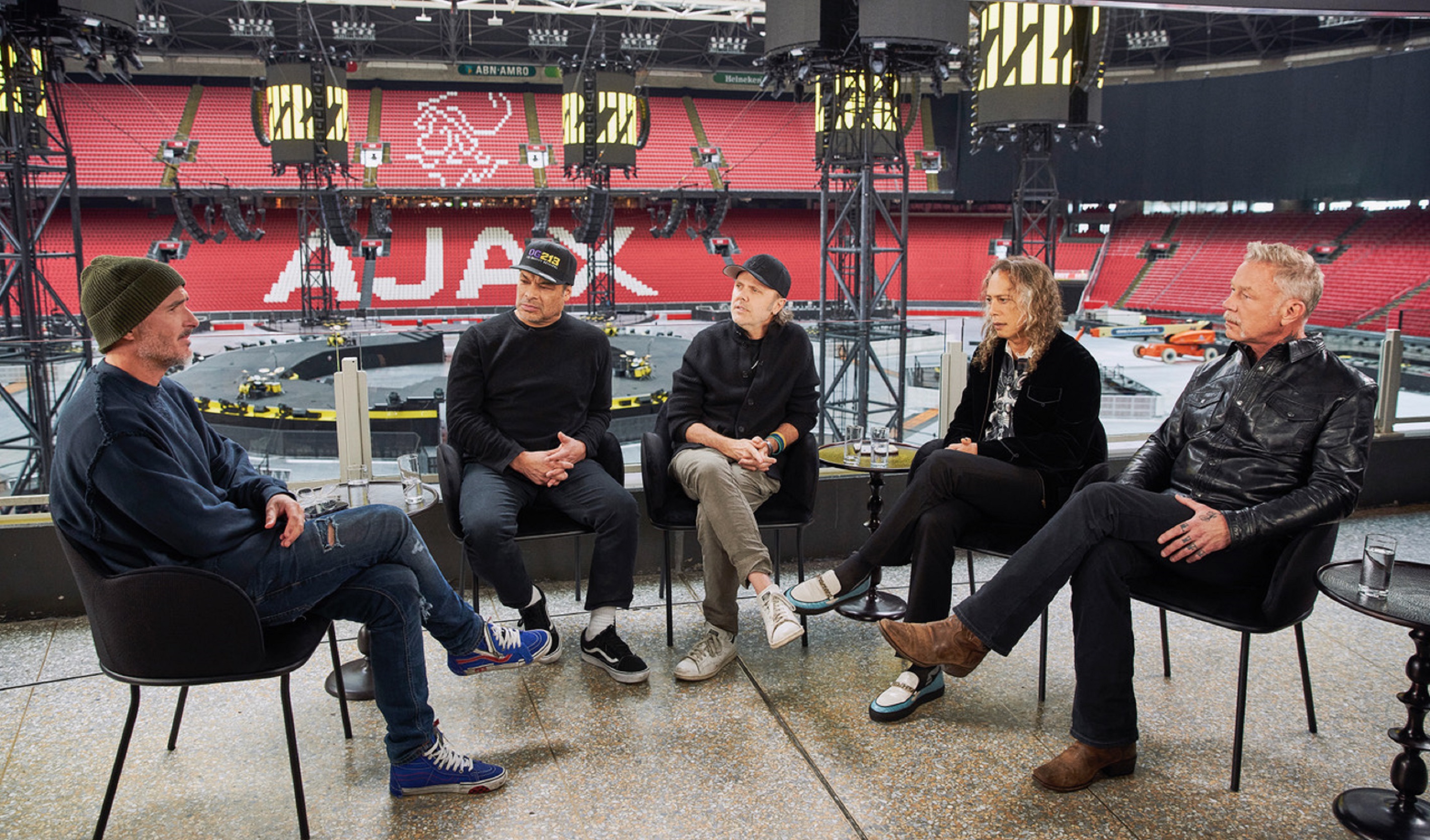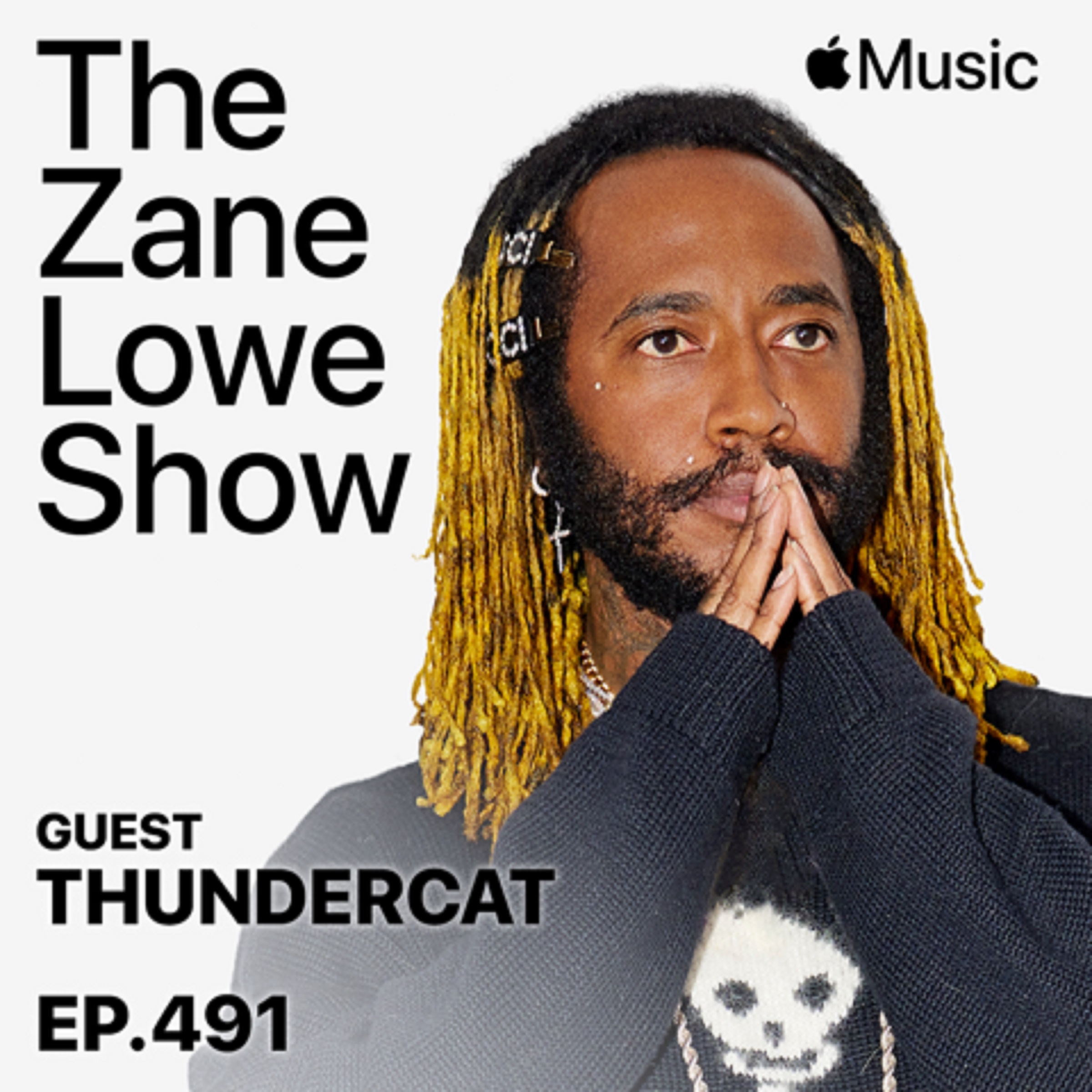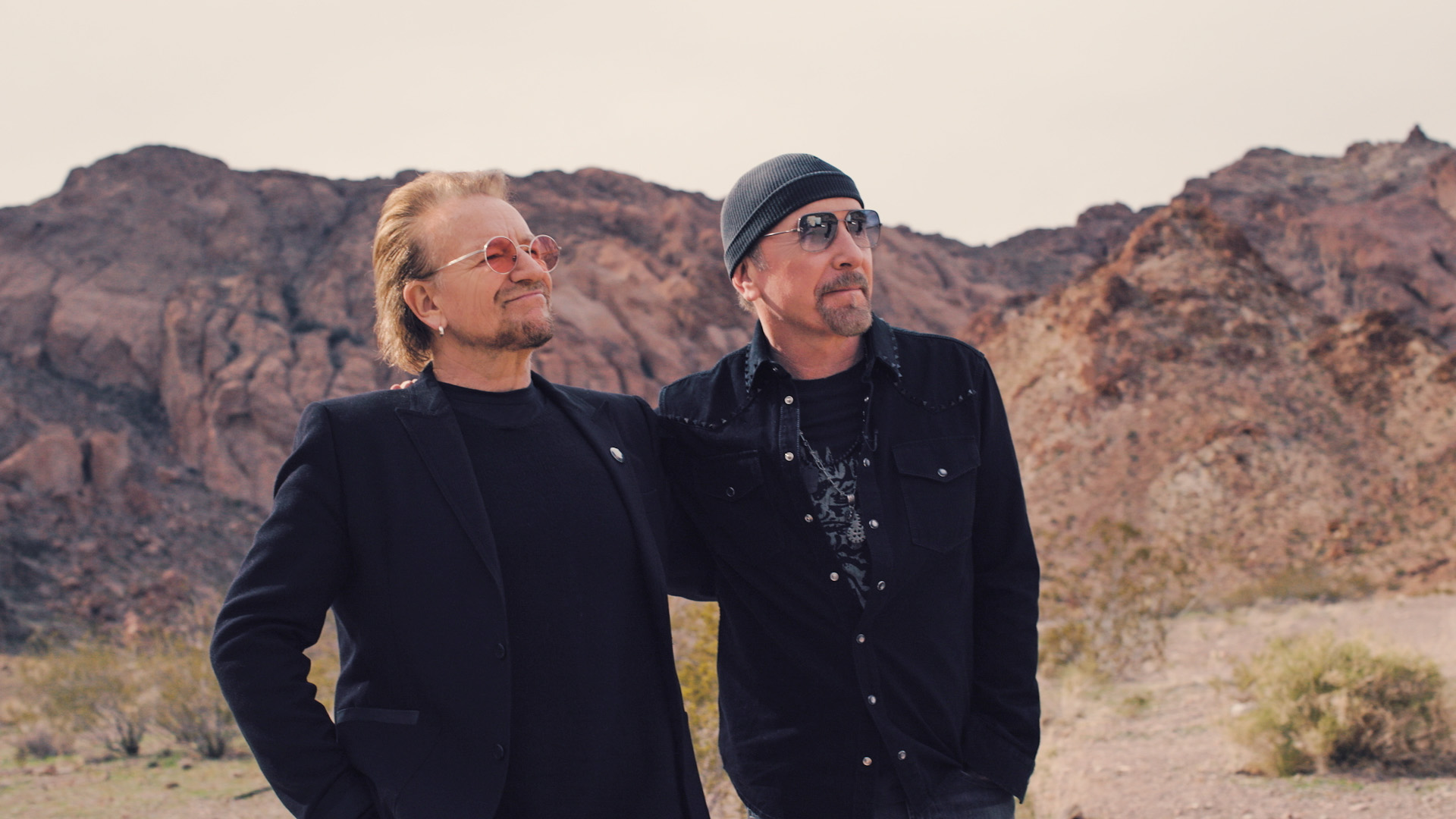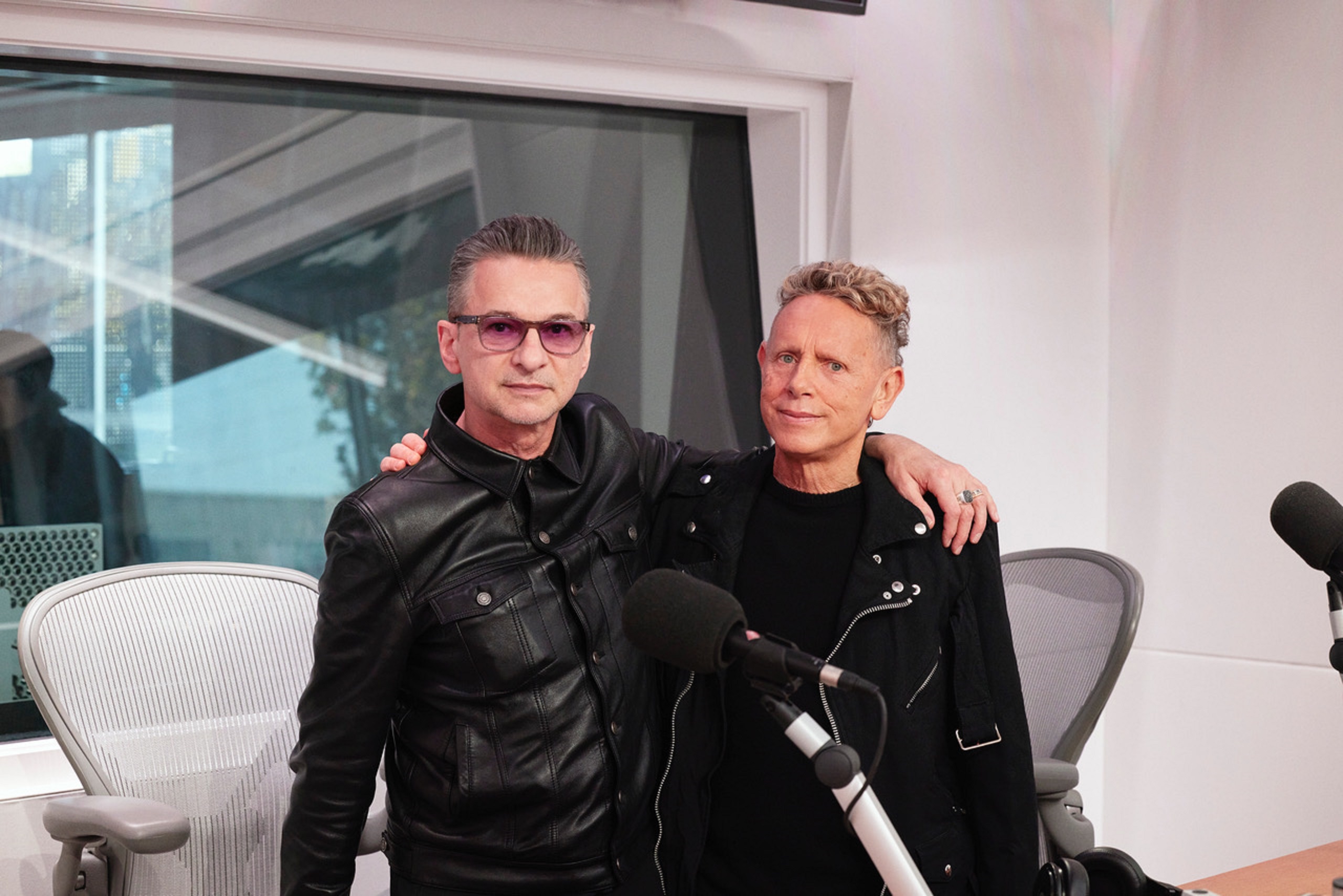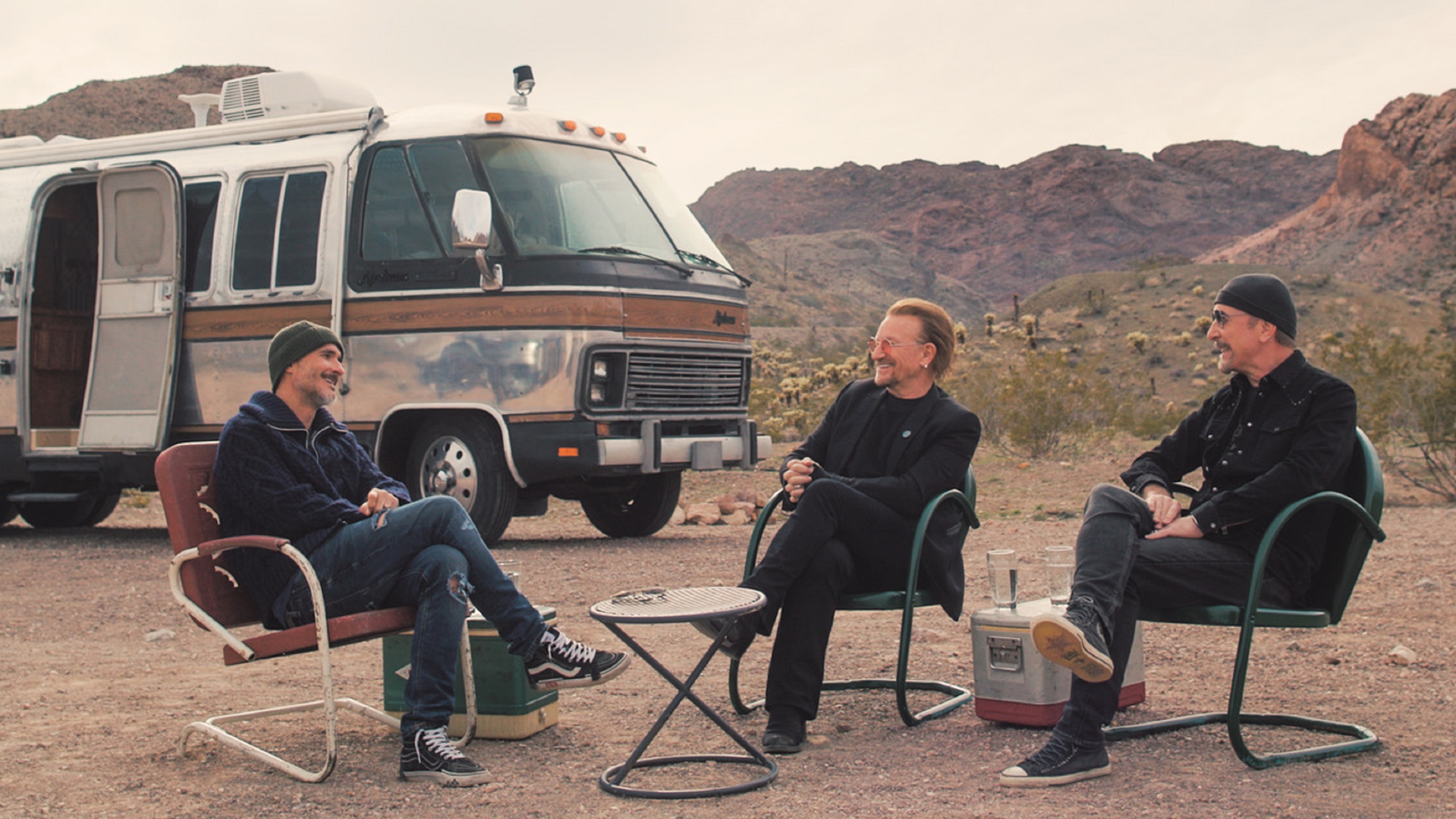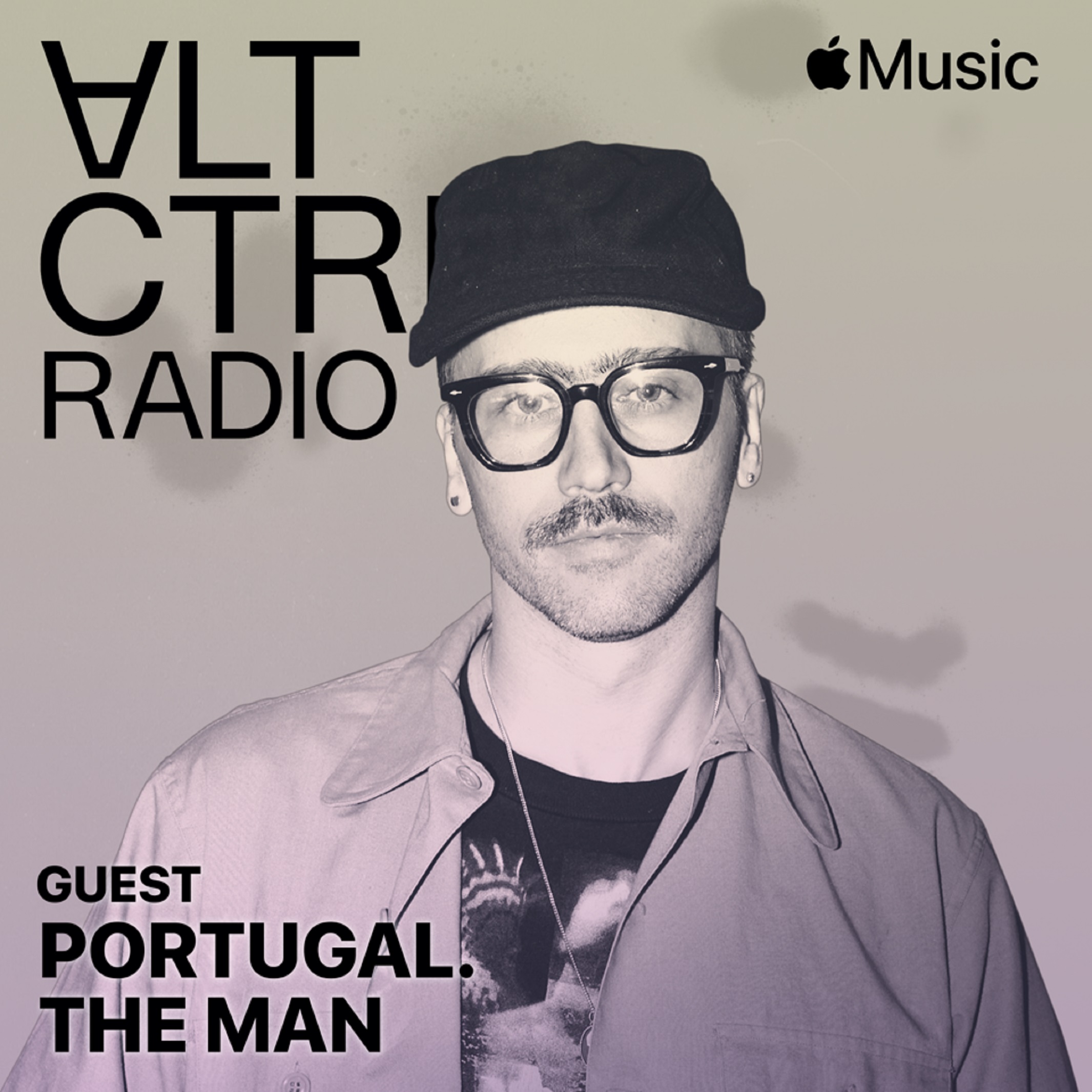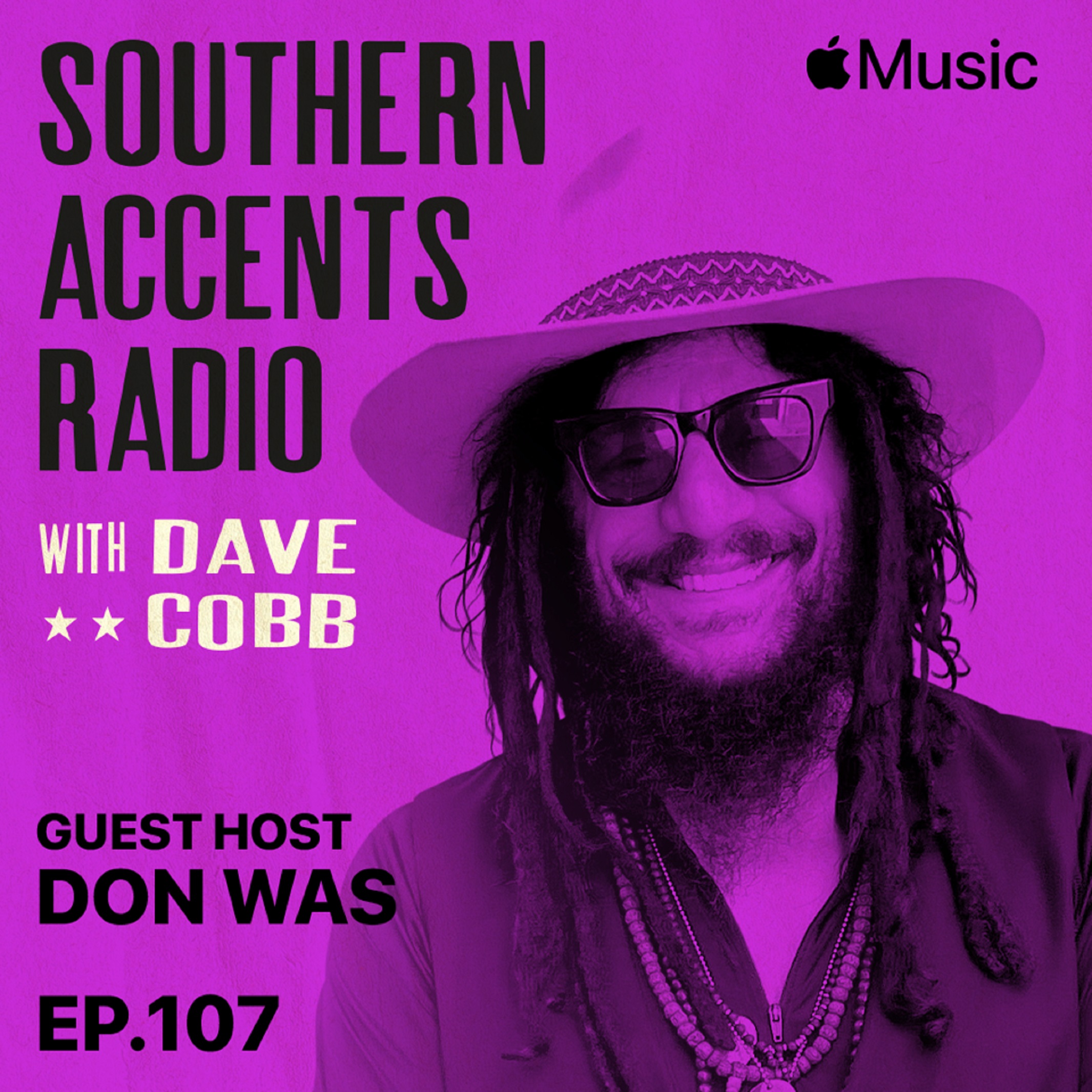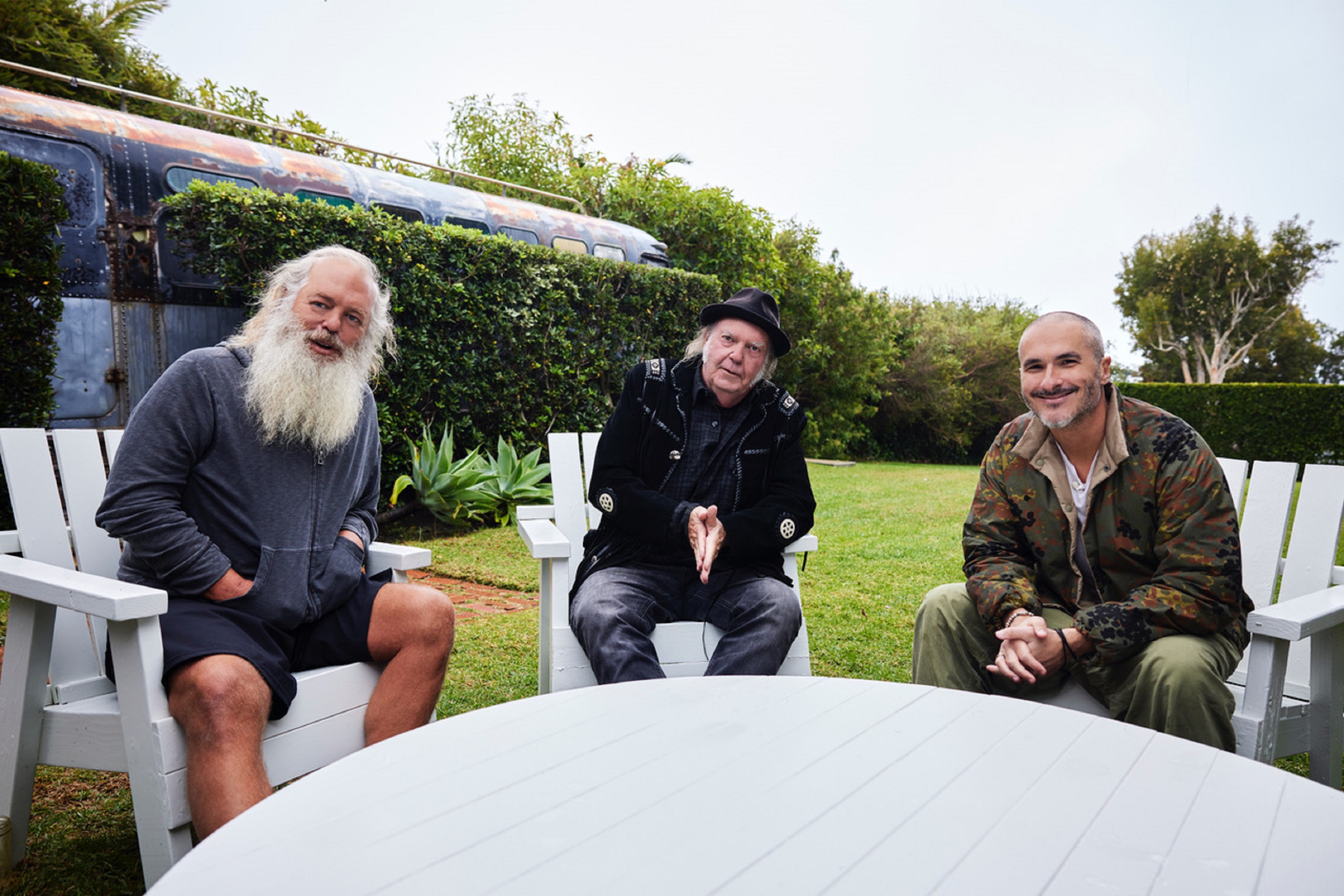Jakob Dylan joins super producer Dave Cobb on Southern Accents Radio to discussed his new album, Exit Wounds, this past Saturday, July 10th at 4pm PST/7pm EST on Apple Music Country. He talks about working with Butch Walker on Exit Wounds, The Wallflowers' first album since 2012, how he picks songs for his albums, and how he decides whether or not they should be part of The Wallflowers or his solo project. He also talks about John Prine, making the music documentary Echo in the Canyon, and more.
Jakob Dylan on how he picks songs for his album:
"Of course we all think our newest song is our best song. So at this point, I do understand that it's likely not always the case, but I'm one of the people I just tend to finish only the stuff that I know I'm going to use. If I know I'm not going to use something, I don't want to spend too much time on it. So I've never had, loads of unused songs when I finished records 'cause if I know something's not going to be used, it's hard for me to give it a hundred percent. I just move on to the things I know need all the work.”
Jakob Dylan on John Prine and writing with songs with characters in mind:
“But I thought that early on that if John Prine would be writing songs during this time that we were hearing, I don't think that he'd be naming names and using buzzwords. I think he'd be probably writing about characters living through this time. But I think he wouldn't have hit the nail on the head. I think he would have just danced around it with characters and given the storyline existing during this time. And that's what I would prefer to do. For a lot of people, they did write songs during this time, but I don't know if they're going to want to sing those songs in five years when we're out of this, I hope. That's kind of what I meant was, I want to sing my songs for as long as I'm around and if they got too many buzz phrases from 2020, I might lose interest because I think we all just want to move on.”
Jakob Dylan on knowing if a song should be part of The Wallflowers or solo project:
“It's an instinct that I have when I start writing songs and I start thinking about a record. If I've been on the road for a while with the Wallflowers, maybe I don't want to hear that sound for a little bit. Maybe the songs don't apply. If it's a solo record, I feel like there's almost anything I can do. I'm not really upholding or advancing any sound that I'm working on. It could be completely new and it can have any instrumentation that I might want to consider at that time. But the Wallflowers, it has a sound, it just does. And it's a sound that I can create in the studio with a lot of different people. But if I don't want to hear that sound, you can do all kinds of different things. But I've worked on that for a long time. I like that sound and it's a great part of me. And I want to revisit that often.”
Jakob Dylan on preferring to work with a producer who is a musician and working with Butch Walker:
“I can't tell you how many different kinds of producers there are, but I don't want someone who's just a music fan to hang on the couch and just tell me what they like. I mean we can all do that. And some people are stronger at that than others, but not just, it's only Brendan O'Brien is an engineer and a great musician. You can have both. Then you've got other people who just hang out and listen. And I can't tell you which is the right one for you or for anybody else as an artist. But I've found that I want somebody who I can relate to. Who knows what it is to walk in my shoes. Who's doing the same job as me, which is someone like Butch is exactly that. I know Butch first and foremost as a singer songwriter, as a performer. That's where I really know him from. And of course I know him as a producer as well, but I played with him plenty. We've jammed together and done shows together. So that's how I think of him, as someone who does the same job as me. But he's very, he's a great producer for someone like me, because as you produce records, there's not a lot of purpose in being there if you can't allow the artists to feel fearless and let them understand that it is their record. You can be bullied around the studio and then you just, I wouldn't do that anymore.”

Jakob Dylan on his love of songwriting:
“I live for that moment, to write songs, and when they're just... That moment when you just, you know what it's going to be, what's it potential is, and you know it's all there. And then, I can't wait to get to a room with people that I'm going to work with and show it to them. And I could see by their faces that this is something that moves them too. And I know the opposite too. I know coming in with songs and nobody's being moved, and I know we're going to sit around trying to make a song better than it is. And that frustrates me. So I usually know that if the bass player and I are playing the song together and we worked out what he's or she's going to do, and we know what the harmony notes are and we know what the groove is, then we can go in the room with everybody and they can take out their note pads and we can start writing things down. And it's not only the way it works better for me, but I live for that. I really like that. And the other way of pre-production, I don't make demos.”






